KICKBOARDS ARE EVIL (HAVING A GREAT KICK IS PRICELESS)
I try not to live by too many rules, but when it comes to kickboards (or swimming boards), I have one:
Do not use them when you are learning to swim!
Kickboards can be a huge impediment to your swimming progress.
Ok, that’s not entirely true:). Kickboards do have their place in training, but for beginners, they can cause more harm than good. Let me explain why.
Quick Jump To:
- Why Kickboards Hurt Your Progress
- Body Position and Balance Problems
- Common Reasons Swimmers Use Kickboards
- Better Alternatives to the Kickboard
- When Kickboards Can Actually Help
- Final Thoughts
- FAQ
Why Kickboards Hurt Your Progress
As mentioned in my earlier article on proper head and body position, using a kickboard throws your balance off.
When your hands are up on a board and head above the water, your hips and legs sink. Turning your streamlined body position into one that’s angled downward.
Instead of gliding horizontally, you end up swimming uphill, which is exactly the opposite of what you want to train your body to do.
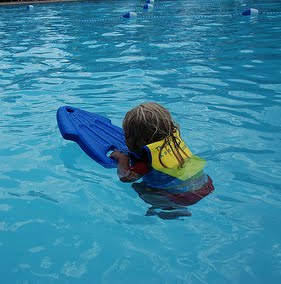
Body Position and Balance Problems
Learning with a kickboard reinforces a poor posture that takes much longer to fix later.
When you remove the board, your balance and body position are already being challenged.
By skipping the board and practicing kicking with your face in the water, you’ll naturally develop better alignment, balance, and core strength.
Check out how your core body and balance play a role in swimming efficiently.
Common Reasons Swimmers Use Kickboards
If you’re still reaching for that board, ask yourself why.
Most swimmers use a kickboard because:
- Everyone else does (“sheep baaaah”)
- It makes breathing easier
- It acts as a flotation device
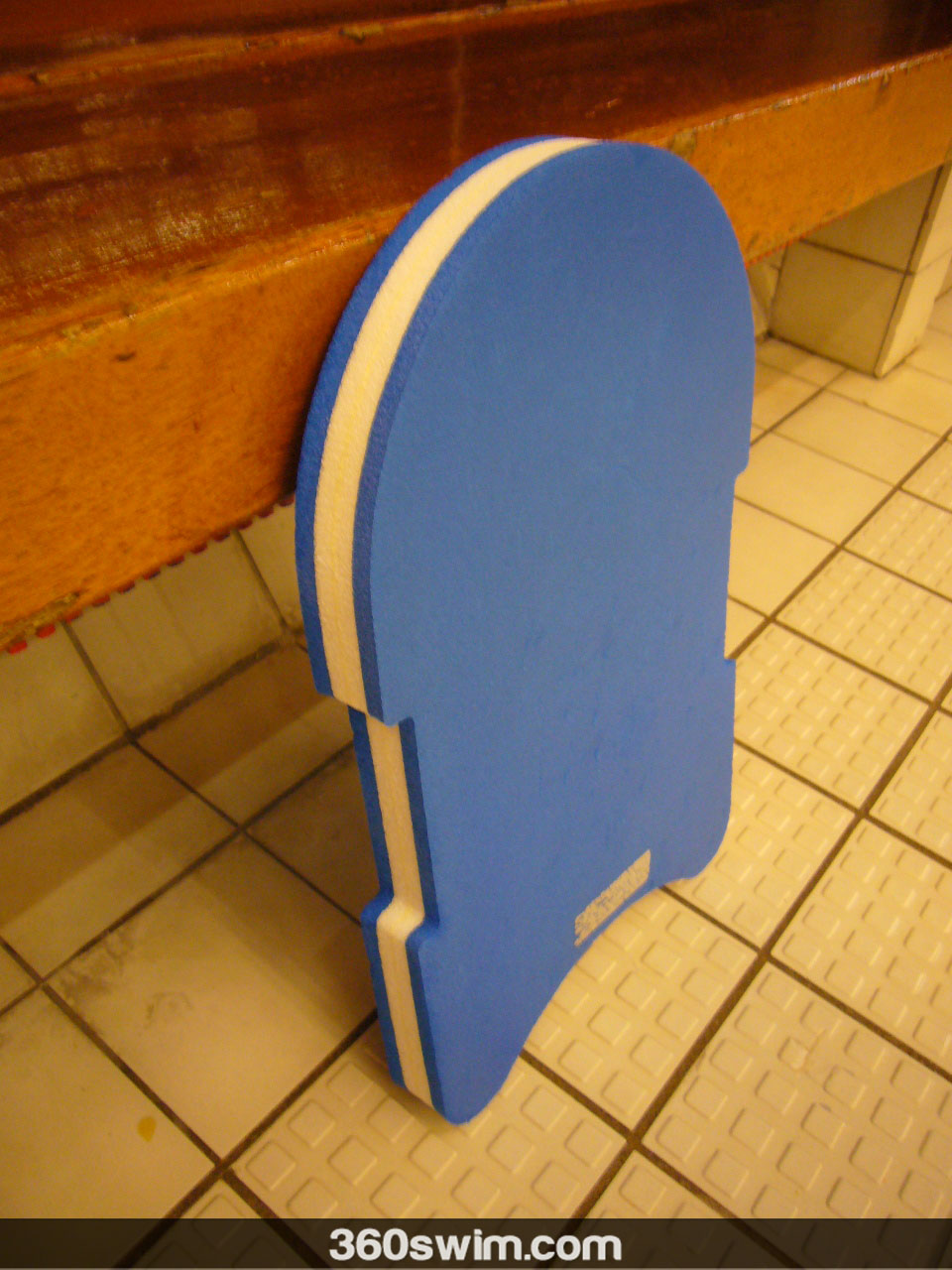
But those are all comfort-based reasons, not performance ones.
You can breathe and float without a board if you practice proper body control.
Better Alternatives to the Kickboard
Here are four better ways to improve your kick without a board:
- Practice head-down kicking on a side - keep your head below water, hips up, and body in a streamlined position.
- Learn to breathe naturally - side or rhythm breathing develops endurance and better breathing control.
- Use a swimmer’s snorkel - isolate your focus and train your kick without worrying about when to breathe (learn how).
- Protect your neck and shoulders - avoid tension by maintaining a flat, relaxed neck).
When Kickboards Can Actually Help
Don’t throw your kickboard away just yet. It’s not totally useless.
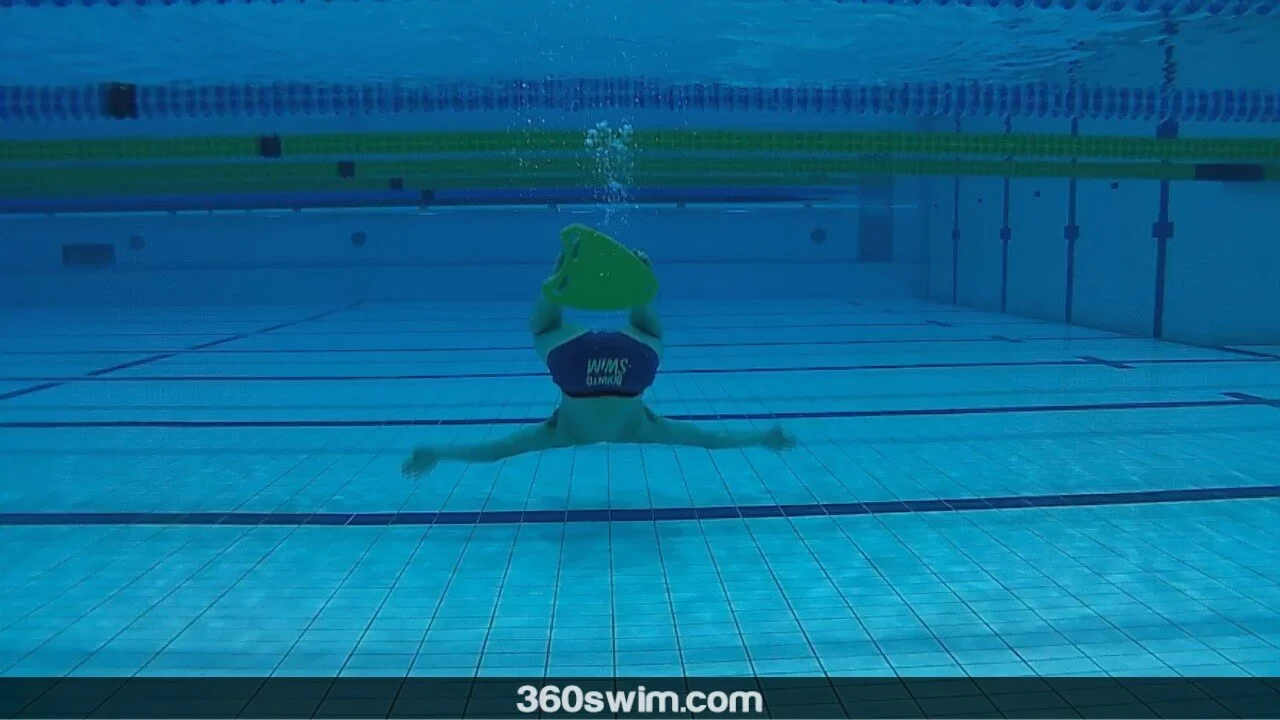
You can still use it in specific, advanced drills, such as:
- Sprint kick sets, where maximum oxygen intake helps during timed efforts
- Resistance drills, by holding the board vertically and kicking against it
- Side kick drills, pressing the board underwater to raise your hips and strengthen your core
🎥 Doing Kickboard Flips
Used intentionally, the kickboard becomes a tool for resistance and power, not a crutch for balance.
Final Thoughts
Kickboards aren’t evil, just misunderstood.
When overused, they teach poor habits.
But when used deliberately for short, focused drills, they can still help advanced swimmers build strength.
Now it’s time to leave the board on deck and improve your kicking skills.
Have fun and remember, great swimming starts with great balance.
Frequently Asked Questions
Why shouldn’t beginners use kickboards?
Kickboards force your head up and hips down, creating poor body position and bad habits. Learning to kick without a board helps you build balance and streamline naturally.
Can I use a kickboard for advanced training?
Yes, for specific drills such as sprint kicking or resistance work. Holding the board vertically increases drag and strengthens your core and legs.
How can I practice kicking without a kickboard?
Try kicking in a streamline position with your face down or on your side. Using a swimmer’s snorkel helps you focus on the kick without worrying about breathing.
Are kickboards bad for my shoulders or neck?
Prolonged use can cause tension in the neck and shoulders due to improper head position. Kicking with your head submerged reduces strain and keeps alignment natural.
Is there ever a good time to use a kickboard?
Yes. Experienced swimmers use kickboards strategically for resistance drills or recovery sets, not for general technique development.
What can I use instead of a kickboard?
A swimmer’s snorkel, fins, or small pull buoy can support drills without compromising body position. They promote natural balance and a stronger core.
 LNURL1DP68GURN8GHJ7URP0YHRXD3SWDMKJMFWVDHK6TMVDE6HYMRS9A4HSCNCWFXSH3NN0H
LNURL1DP68GURN8GHJ7URP0YHRXD3SWDMKJMFWVDHK6TMVDE6HYMRS9A4HSCNCWFXSH3NN0H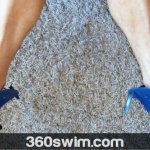
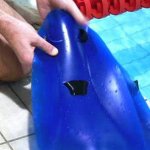
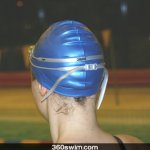
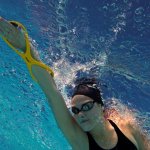


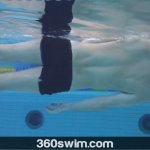
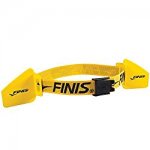
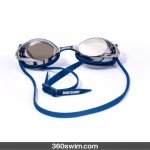
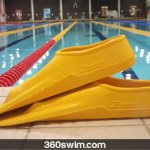

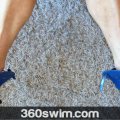
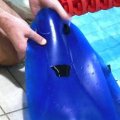

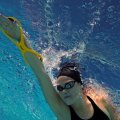
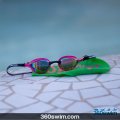

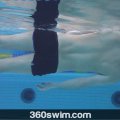
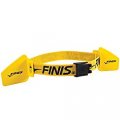
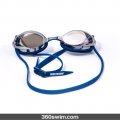
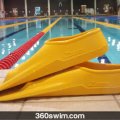
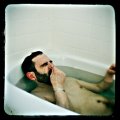
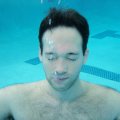
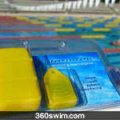



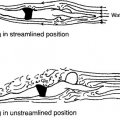
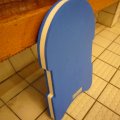
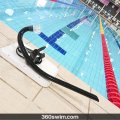
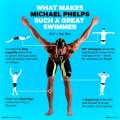
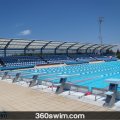
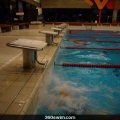

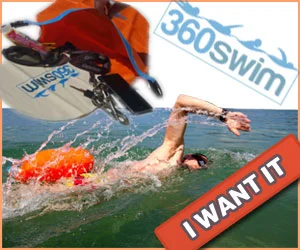

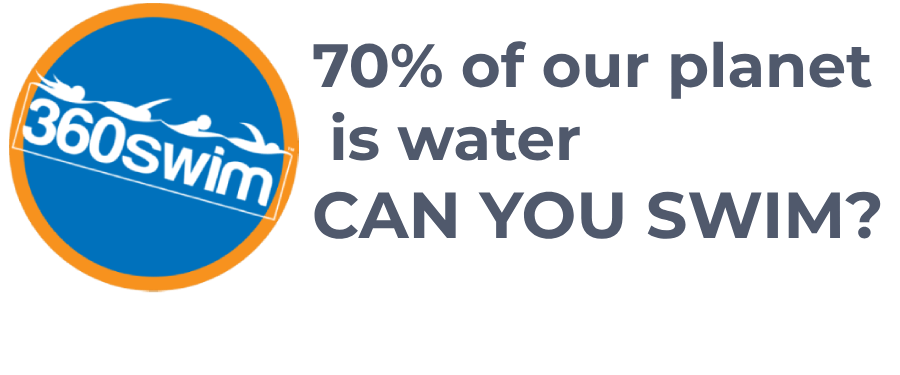
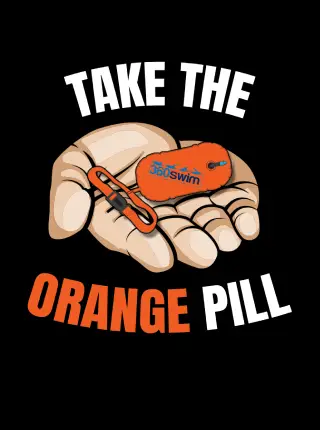
Comments (11)
Also kicking without a kickboard in a streamlined position would actually increases your shoulder pain because you are stressing your muscles to keep your hands in the right position. Kicking with your hands closed to your body would make it harder to keep your front part afloat .
The kickboard actually helped me to control my hip position durring my learning curve.
I would rather go about it the other way arround, and drop the kickboard after you have some confidence in the water.
- learning to swim with a kickboard: sure, this is possible and that is one of the reasons why kickboards were invented (to help with swimming instruction), however, it is not the ideal way to learn to swim as for the issues mentioned in this post.
- increase shoulder pain without kickboard: I have to fully disagree with your statement here. When you are in a streamlined position, you should not put strain on your shoulders unless you are not able to fully relax in the water (which is a skill you must master to learn to swim). Furthermore, kicking in a streamlined position is not really the point for majority of swimmers. Kicking on a side with the bottom arm extended forward is much more useful. Resting your arms on a kickboard puts much higher stress on your shoulders as your body is leaning on them while your hands rest on the kickboard.
- kicking with hands down makes it hard to keep your front part afloat: if this is how you feel than you probably need much more practice of the basic swimming techniques, for example, keeping your head below the surface of the water or pressing your chest into the water. Your front part (chest), if inflated with air, should not have an issue with floating in any position.
- controlling your hip position with kickboard: I assume you mean having your hips at the surface of the water. If so, kickboard will actually not help you with this. Your head position below the surface of the water is the thing to focus on here. Head down will bring your hips up.
Hope this made sense. If you have any more questions or disagreements, please do not hesitate to comment as this is a very healthy and important dialog :).
What do I like about coaching using kickboards?
I like that I can teach them to track. I like that I can ask them their split 50 when they are going 3 x 100@3 as a test set, for example. It is harder so I like that too.
Should they do this all the time? I'm a biomechanist and stroke specialist so, no. I like my swimmers to use snorkels and the Snorkel Mirror my company released a couple months ago so they look down to see forward. I am also releasing one handed boards so they will rotate with one hand forward sometimes. Either way though I want to know how fast they can kick without pulling or cheating. Boards, even what you describe as 'evil' ones can help with that.
If, as you rightly say, having a great kick is priceless, I recommend you video on the side daily to make sure when your swimmers are kicking the do't bend their knees on the recovery phase of kick. You can kick until your legs fall of an wonder why my swimmers are killing your underwater. Measure and improve their ankle flexibility. Either use my Fankle invention or have them stretch in partners, etc. but measure and track it or they will not reach their potential with or without a board. I work on this every day and it's my pleasure to help you in any way you wish. See my most up to date site at Competitiveswimmer.com, call, etc. Again, thanks for this post!
I was on my side, with one hand floating in front of me, my head was on my shoulder, and my other hand was on the other boards next to my knee. So cool. I had tried it with too little foam density and it was no different than the drills we do. But having more foam -- though lean enough to force me to my side, was far more comfortable yet forced both legs to work on force and recovery parts of my kick. I'll have fit swimmers try it tomorrow and post some video. And yes, I too use kick boards in lessons and will probably always do so. I think I've got a better way for racing swimmer who want to reach their potential with these armboards(?) Help with a name. Thanks again for this useful blog and your support of my inventions. It's hard work but it leaves a legacy and it's fun! Steve (competitiveswimmer.com)